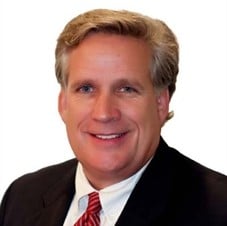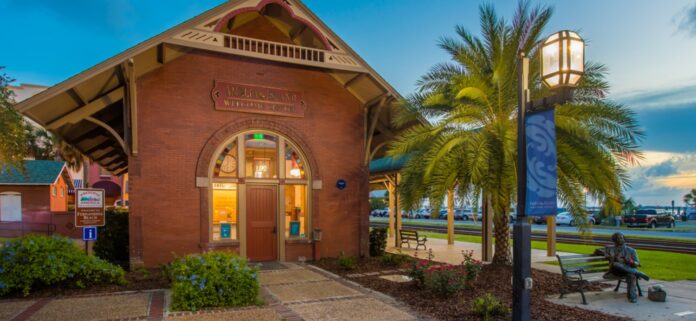Opinion
By Steve Nicklas, 5-5-25
Tourism is the fruit of Florida’s economic tree. But too much of it can be bad for you.
Here in once-rural Nassau County, you can hear residents quietly complain. About tourists clogging the roadways, creating lines in supermarkets, filling restaurants with two-hour waits.
Like other Florida hotspots, Nassau County is at a precarious tipping point. Tourists bring riches into a community but can crimp the lifestyles of residents. And we have a collision ahead.
Meanwhile, tourism-development organizations pound the pavements for more visitors. It raises the ultimate question: What is the price for paradise?
State lawmakers are skeptical of the tourist-development councils, set up as marketing enterprises and funded by bed-tax receipts. Hotels sneak these taxes onto your bill. In total, the bed taxes around Florida are substantial.
A pending bill before the state legislature could change how bed taxes are spent. If passed, the bill would require bed-tax collections (as much as 75 percent) be used to offset other taxes for residents. INFO
Meanwhile, organizations like the Amelia Island Tourist Development Council are howling with opposition. The local tourism outlet has been headed by Gil Langley, who helped put Amelia Island on the global map. However, Langley and others like him will be victims of their own success if the law changes.
With warm weather, appealing amenities (i.e. Disney World) and 820 miles of beaches, Florida attracts tourists as effortlessly as Trevor Lawrence throws a football. Around the state, Florida has enjoyed six straight years of record-breaking tourism.
Therefore, lawmakers have been pushing to scale back TDCs. As if they are a luxury, not a necessity, whose time has passed.
Here in Nassau County, the TDC is funded by bed taxes assessed on overnight stays at local hotels, rental properties, etc. As the bed-tax pie grows, the TDC gets a bigger bite. In turn, the TDC spends more money on marketing/promoting our area, even overseas.
However, Amelia Island and Fernandina Beach are becoming a known entity, like Orlando for instance. And established areas probably don’t need as much promotion. Apparently, this is how state lawmakers feel.
While the bed-tax revenues are limited in use, Amelia Island has plenty of needs – especially with beautification. Tidying up the roadways and streets and roundabouts are often overlooked here.
Some cities and counties have gotten creative. In Miami, Mayor Francis Suarez has used bed-tax receipts to build homeless shelters.
The rationale is that homeless people hurt tourism. Therefore, relocating homeless encampments helps the tourism industry flourish. At one point, Miami was down to hundreds of homeless people, versus thousands previously.
The bed tax was enacted in 1989 here. Many other cities and counties do the same with these user taxes. Our bed tax is levied at 5 percent of overnight stays.
Tourism is an economic staple here. It employs 12,700 workers, more than any other industry. Therefore, the Nassau County Chamber of Commerce is a major supporter.
Chamber officials are contending the reduction in TDC funds could cause “catastrophic economic damage” here. Some 400 local businesses also rely on tourism dollars in some way.
Communities are better at allocating tourism revenues than state officials. And tourism, even with its potential overcrowding, has been an economic boon here.
Why mess with a successful formula? Even if it alters our quality of life.

Steve Nicklas is a veteran financial advisor and an award-winning columnist. His financial columns have appeared in the New York Times newspaper group as well as in local weeklies belonging to Community Newspapers, Inc. He has published a book of his columns, “All About Money,” available for sale on Amazon. He also has taught investing classes at Florida State College in Yulee and at the Nassau County Council on Aging. In addition, he was an adjunct instructor at the University of North Florida. He can be reached at 904-753-0236 or at [email protected].
The views expressed in this commentary are those of the author and do not necessarily reflect the official position of Citizens Journal Florida









